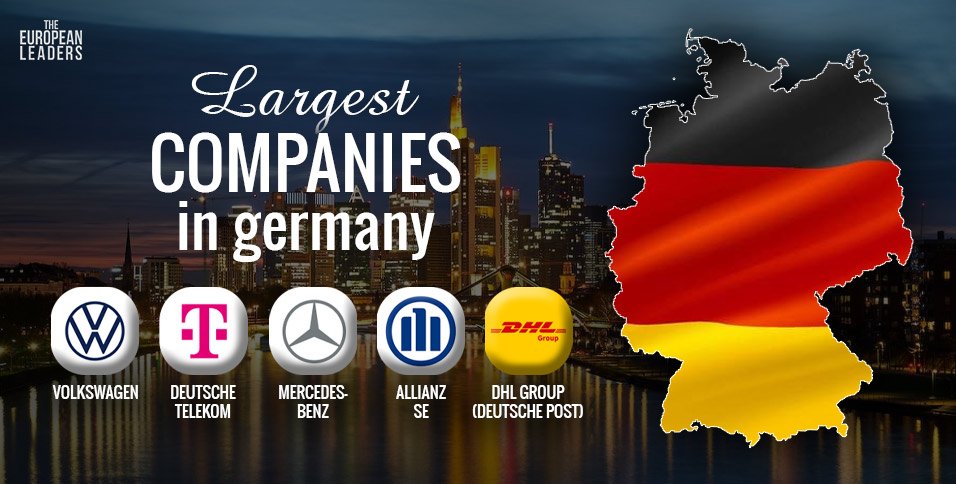The hospitality industry has seen a 360-degree paradigm shift in the process of booking hotels. Previously, hotels relied on travel agents and maintained strict control over customer relationships. However, the landscape has changed with the rise of online travel agents, booking platforms and digital influencers. Today, peer opinions and extensive travel experiences shared online greatly influence consumer decisions.
One of the biggest names in the industry that leveraged these options is booking.com. The journey started with a single individual in a small Amsterdam office space in the Netherlands. This tech-savvy entrepreneur aimed to connect Dutch travelers with their desired accommodations through an online booking service called Bookings.nl. Two giants, Active Hotels and Bookings.nl emerged as dominant players in their respective markets and attracted the attention of Glenn Fogel, from Priceline.com. In 2004, Priceline acquired Active Hotels, followed by Bookings.nl in 2005. Subsequently, these two entities were merged to form Booking.com, a significant milestone in the evolution of online travel. Booking.com disrupted the competition, ousting rival companies and revolutionizing the hotel booking process for consumers.
Booking.com’s aggressiveness was unparalleled. Booking.com conducted an email test with their customers, offering assistance during their stay. The response was strong, with requests for airport transportation and restaurant recommendations. They also explored the tourist attractions sector by offering free weekend passes to Amsterdam-bound customers. The long museum lines highlighted an untapped market, as many travelers lacked concrete plans, revealing the market’s potential.
It developed a robust partnership ecosystem that included accommodation providers, affiliate partners, payment processors, and technology providers. Accommodation providers range from hotels to vacation rentals, while affiliate partners refer customers for commissions. Payment processors ensure secure transactions. Their technological support helps them with data management and cloud services. A freelancer who created Booking.com’s option for hotel pick-ups across the website said, “not only was I generously remunerated but given an opportunity to meet and learn from their tech team”.
Initially, the company adopted a competitive pricing strategy, offering lower rates compared to similar firms. This strategy effectively attracted a significant customer base. Another pivotal shift that drew customers away from platforms like Expedia was the payment process. Unlike Expedia, Booking.com introduced the option for customers to pay on-site instead of requiring prepayment months before their travel. This payment innovation led to a threefold increase in bookings on the platform.
Booking.com’s success story is yet another reminder to the hospitality industry that looking into the real needs and convenience of travelers can bring you results of an unforeseen magnitude.
Also Read:Charting the course, European logistics and transportation amid








